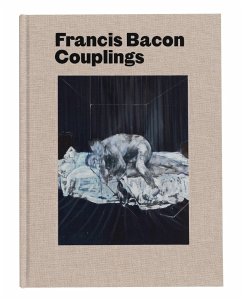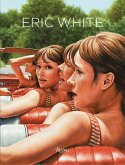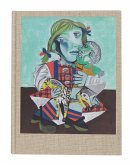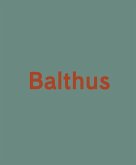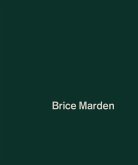A focused look at double-figure paintings by the celebrated British artist, whose disturbing portrayals radically altered the genre of figurative painting in the twentieth century.
This book highlights a theme that preoccupied Francis Bacon throughout his career: the relationship between two people, both physical and psychological. At its heart are two of the most uninhibited images that Bacon ever painted: Two Figures (1953) and Two Figures in the Grass (1954). After completing these interrelated works, Bacon did not return to the subject until 1967, the year that homosexual acts in private were decriminalized in England and Wales, when he painted Two Figures on a Couch, also featured in this volume. In Bacon's paintings, the human presence is evoked sometimes viscerally, at other times more fleetingly, in the form of a shadow or a blurred, watchful figure. In certain instances, the portrayal takes the form of a composite in which male and female bodily traits are transposed or fused. A number of the works in Couplings were inspired by Bacon's own fraught relationships.
Francis Bacon: Couplings features an introductory text by Richard Calvocoressi; a new essay and plate texts by Martin Harrison; and a never-before-published interview with Bacon by Richard Francis and Ian Morrison; as well as studio ephemera and working documents that illuminate Bacon's process.
This book highlights a theme that preoccupied Francis Bacon throughout his career: the relationship between two people, both physical and psychological. At its heart are two of the most uninhibited images that Bacon ever painted: Two Figures (1953) and Two Figures in the Grass (1954). After completing these interrelated works, Bacon did not return to the subject until 1967, the year that homosexual acts in private were decriminalized in England and Wales, when he painted Two Figures on a Couch, also featured in this volume. In Bacon's paintings, the human presence is evoked sometimes viscerally, at other times more fleetingly, in the form of a shadow or a blurred, watchful figure. In certain instances, the portrayal takes the form of a composite in which male and female bodily traits are transposed or fused. A number of the works in Couplings were inspired by Bacon's own fraught relationships.
Francis Bacon: Couplings features an introductory text by Richard Calvocoressi; a new essay and plate texts by Martin Harrison; and a never-before-published interview with Bacon by Richard Francis and Ian Morrison; as well as studio ephemera and working documents that illuminate Bacon's process.

